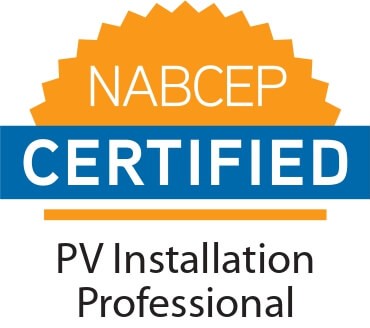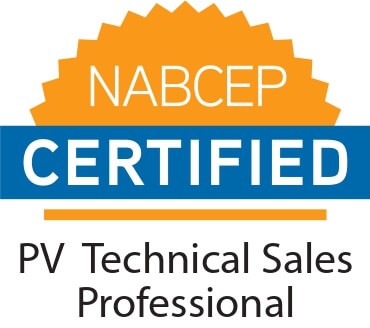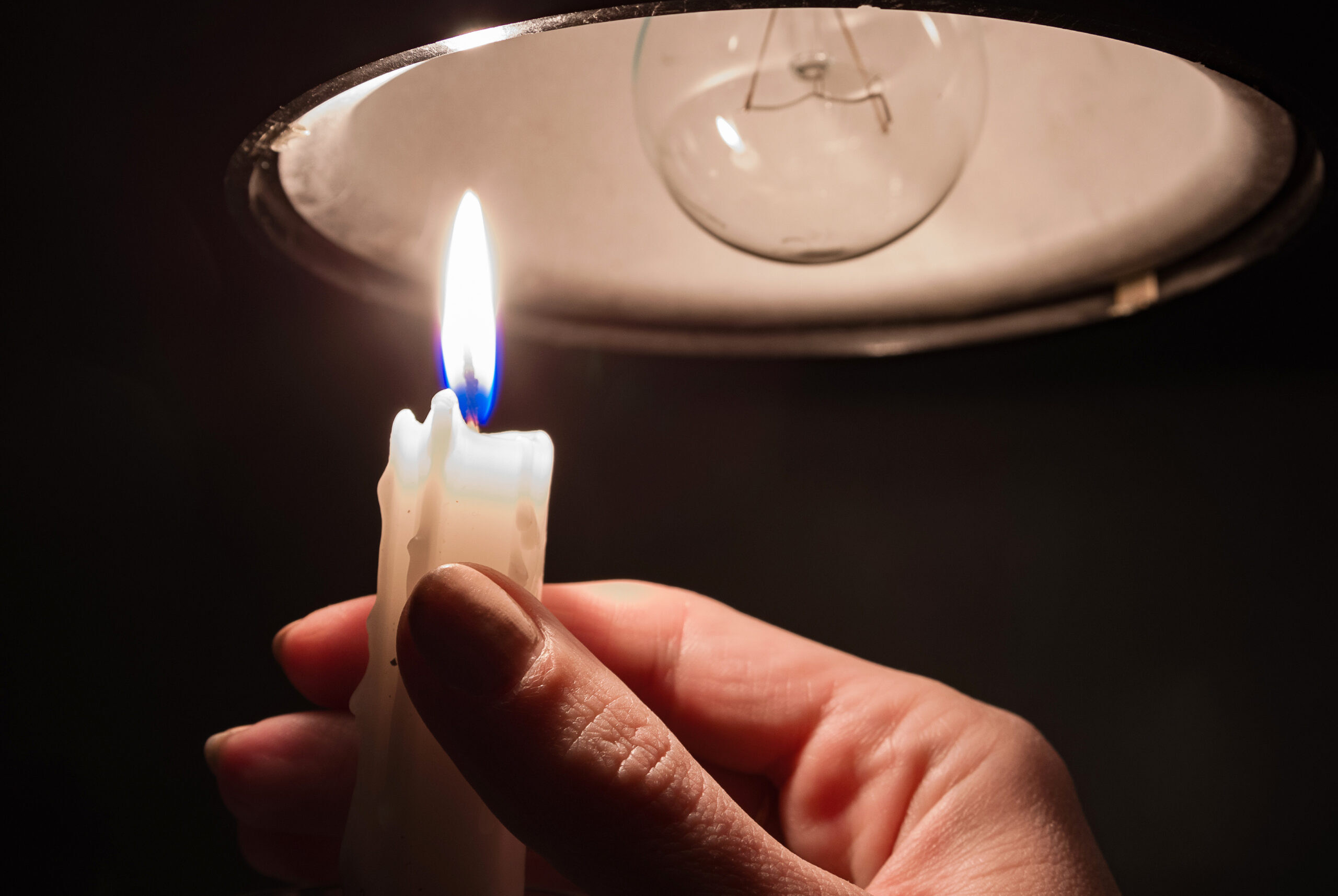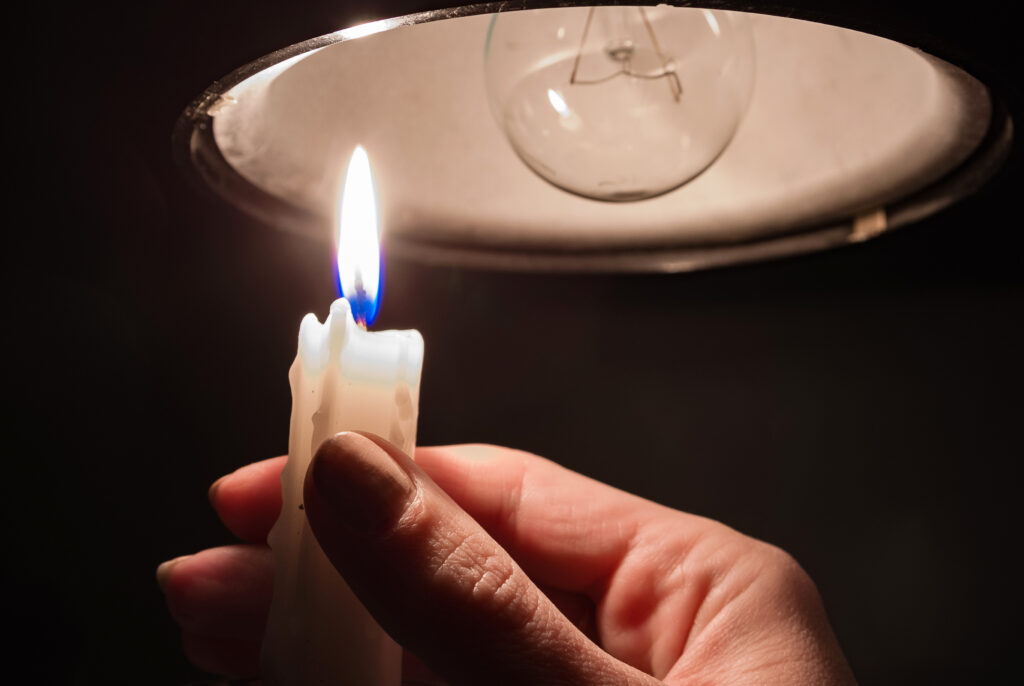It used to be that winter was when people in West Virginia, Maryland, Pennsylvania and Virginia had to worry about power outages. That’s when the accumulated weight of snow and ice on the overhead power lines would break them.
mads nørgaard taske saralilphoto.com wiener-bronzen.com thepolarispetsalon.com feinsmecker strømper truhlarstvibilek.cz stenyobyvaci.cz feinsmecker strømper vm 1986 trøje pánský náhrdelník kůže zub ribstol elan suchemuryesklep.pl feinsmecker strømper wiener-bronzen.com vm 1986 trøje
But now the North American Electric Reliability Corporation (NERC) is warning of the growing possibility of blackouts across vast areas of the country this summer.
One of the causes, NERC says, is a one-year, 196% increase in the price of natural gas, which fuels many of the nation’s power plants.
Another is a surge of hotter than expected summer heat waves, which add a double whammy: First, hotter temperatures make people turn up the air conditioning, draining more power from the electric grid. And second, they cause droughts, which lower the water supply available for hydroelectric power and for cooling gas-, coal-, and nuclear-fueled plants.
Combined, that can lead to what NERC’s annual summer assessment calls a “high risk of energy emergencies.” Over close to 30 years, “This is probably one of the grimmest pictures we’ve painted in a while,” said John Moura, NERC’s director of reliability assessment and performance.
If you’d like to protect your home or business from summer blackouts, there are two options to consider. One is a fossil-fuel-powered backup generator, and the other is a solar installation with battery backup.
Being solar installers, we naturally favor the latter – but not out of selfishness. Backup generators run on fuel that needs replenishing during longer blackouts. And if improperly installed, or installed too close to a building people use, they can pose a serious risk of carbon monoxide poisoning.
Unlike backup generators, solar installations with battery backup work for you day in and day out, cutting your electric bills by as much as half, earning you money from selling electricity back to the power company, and substantially increasing your property value.
At the same time, they store up electric power for a summer or winter blackout. When the grid goes down, the batteries kick in, powering your lights, your well pump, your refrigerator and freezer, and other critical loads without even so much as a flicker. There’s no flammable fuel to worry about, and no threat whatsoever of carbon monoxide poisoning. Better yet, when the sun rises in the morning, they automatically “refuel” themselves.
If you already have a solar installation, you can add battery storage to it. You’ll qualify for a 26% federal income tax credit. In Maryland, you’ll also get a state income tax credit just for adding battery backup.
Once you decide, though, make sure that:
- You use batteries with lithium-iron-phosphate chemistry, which have a much better safety record than the lithium-manganese-cobalt oxide kind.
- You choose batteries that can hold a charge for several days instead of just overnight.
- The batteries aren’t too large for the other components. Not only will you be wasting money, but because the system won’t be powerful enough to fully charge those batteries, their lifespan will be curtailed.
- The solar installers you choose really know what they’re doing. Some solar installations are play-and-play, but battery backup solar isn’t. They’re complex and involve high-voltage DC.
To get truly dependable and long-lasting service from a solar battery storage system, though, there are two important things to look out for – quality of components and quality of installation.
Milestone has installed more battery backup systems than any other West Virginia solar installer. Based on feedback from distributors and manufacturers, we believe we’ve installed more solar/battery backup systems than anyone within 200 miles of our office (including parts of Pennsylvania, Maryland, and Virginia). So we know how to do it right.
Components make as big a difference as installation. While some batteries can store electricity only overnight, the ones we install are good for more than three days’ worth, even if those days are cloudy. When it comes to solar panels, we’re the only West Virginia solar installer chosen to be an Authorized Panasonic Installer. Panasonic and REC modules are arguably the world’s highest-performance, highest-efficiency solar panels, so you get more energy, more dependably. And because we’re Authorized Installers for both, you also get more inclusive warranty protection and up to five additional years of coverage.
If you’d like to learn more, please contact us for a free solar consultation.Before there’s no electricity to power your computer.





